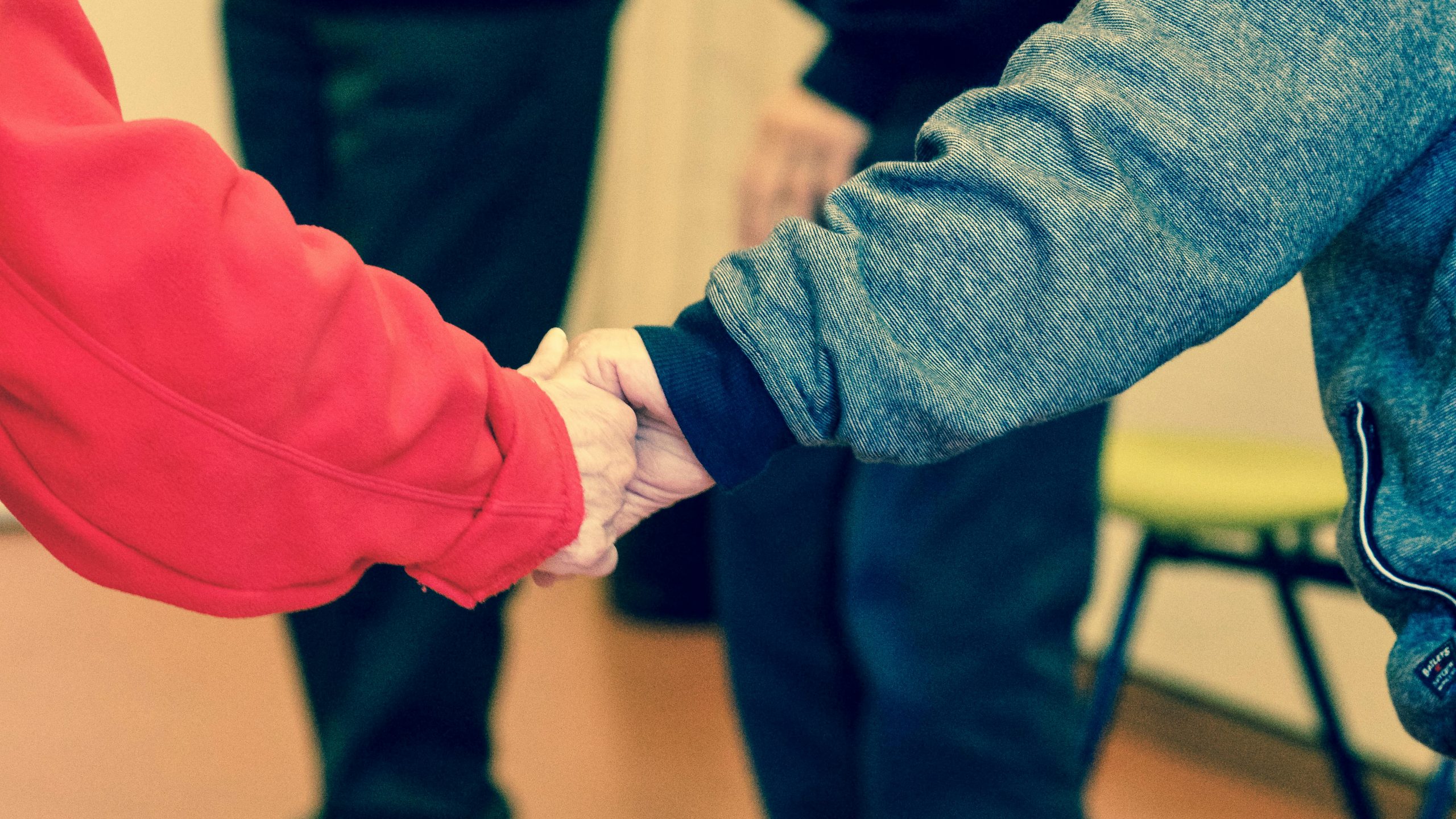In Ireland, the number of individuals engaged in informal carers has risen by over 50% since 2016. Amongst this growing cohort of family carers are a substantial number of teenagers and young adults. In fact, emerging data indicates that as many as 1 in 8 Irish adolescents and young adults are providing significant care and support to their family members. However, this population of young carers often goes unnoticed and unsupported within Irish society.
The research Predictors of depression in young carers: a population based
longitudinal study carried out in 2023 by Prof Stephen Gallagher and Dr Jennifer McMahon from the University of Limerick, in Ireland, and Dr Nikki Dunne at Family Carers Ireland, shows adolescent and young carers are 3.6 times more likely to be depressed compared to their peers, especially if they are caring for a parent. This is a major concern, as around one in three young carers in Ireland provide support to a parent.
The study looked at data from two waves of the Growing Up in Ireland study, which followed young people over time. Here’s what the researchers discovered:
- At age 17 (the first wave), teenagers who were caring for their parents were 3.67 times more likely to be depressed compared to those who weren’t caregivers. However, by age 20 (the second wave), the increased risk of depression was no longer seen in the parent carers.
- Young carers of parents who were depressed reported having lower quality relationships with their peers and parents. These relationship issues were found to be predictors of depression in the teenagers.
This shows that being a carer as a teenager, especially for a parent, is a major risk factor for depression but the quality of the teenager’s relationships with peers and parents can make a big difference. Indeed, these findings highlight the need for early support and services specifically for teenage and young adult carers, especially those caring for a parent. This is important to prevent long-term mental health problems and to improve their physical and psychological well-being.
Picture Matthias Zomer on Pexels


